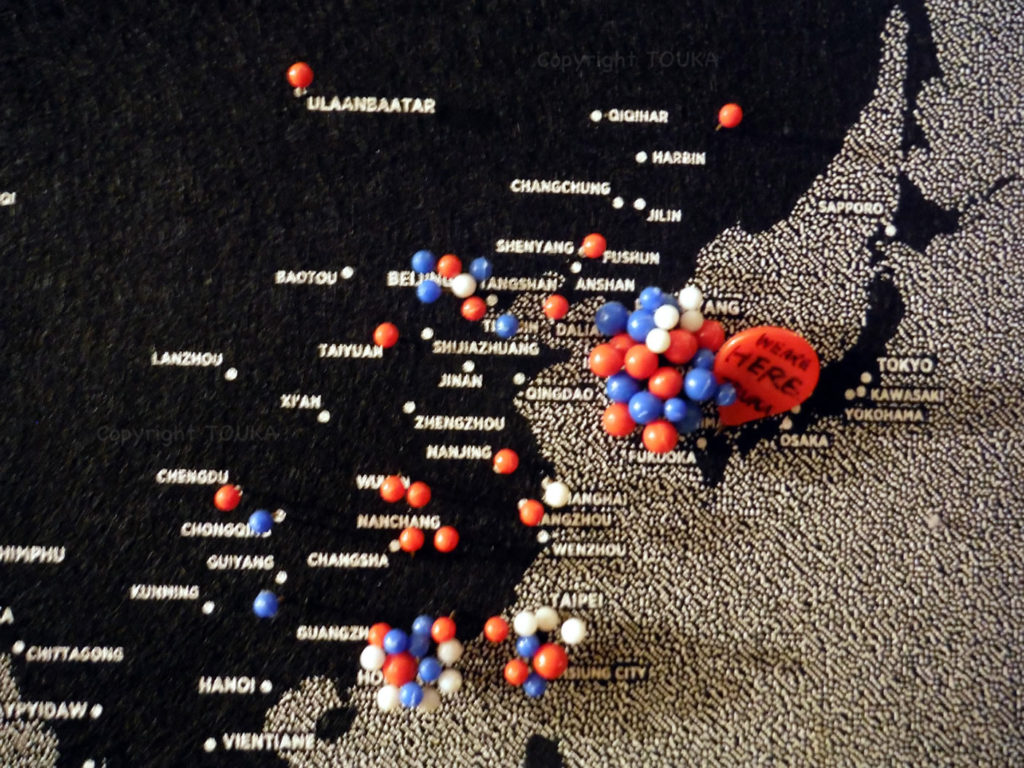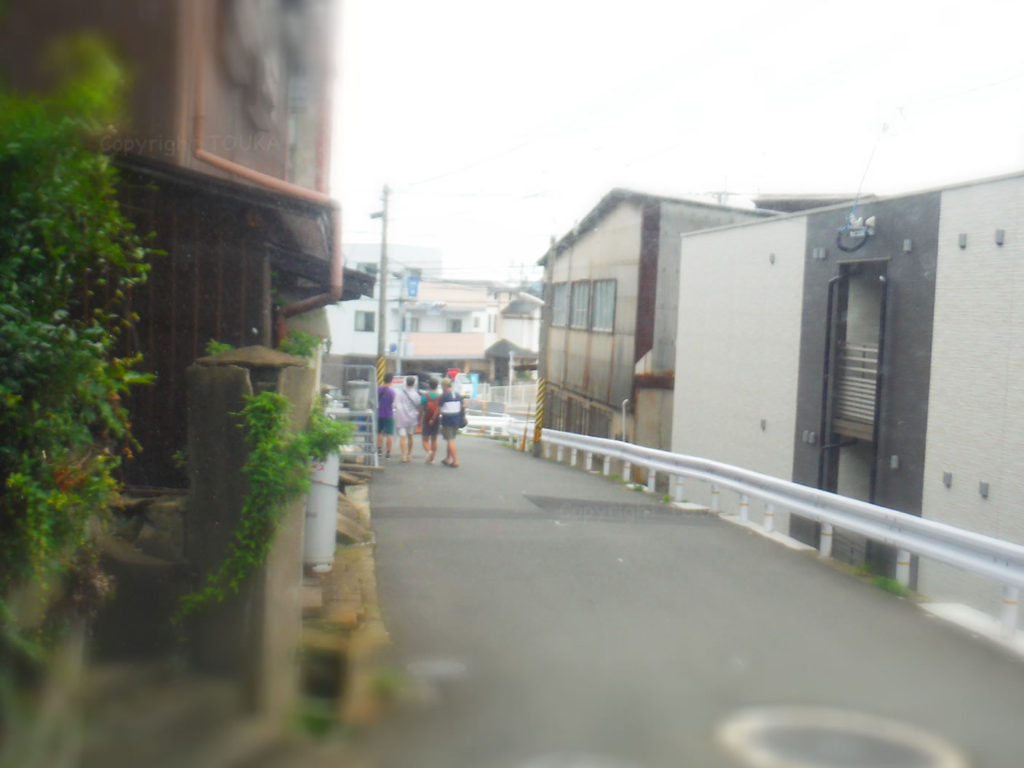Japanese Title (邦題): 「歓び(希望)の日? 哀しみ(反省)の日?」末尾に
The day of Joy (hope)? The day of remorse (sorrow)
Good morning to the World and Kanmon!
Yesterday, Aug.15th was Memorial Defeated Day in Japan.
Majority of TV news were about Big Typhoon, however there were unique broadcasting about the memorial day.
Usually not so many people concerns about “National Liberation Day” but it was broadcasting this year unexpectedly. It was because of the conflict between 2 countries. When we saw the news of “National Liberation Day” and could compare it with Japanese ceremony in Budoukan, Tokyo. I don’t mean about president’s statement. I mean the difference of the mood of both ceremony. I believe that people with good sense noticed the difference.
The day, Aug. 15th has different meaning between Japan and other Asian countries.

Since I started welcoming guests from Asian countries, I might get accustomed with Asian way of thinking. With such ideas, I was interested in that ceremony in Budoukan concern only about 3.1 million of fellow countrymen. I guess that the fellow countrymen means Japanese, right?
What I do mostly concern is whether Japanese government grasp the number of people who were dead in the Asian countries or not, where Japanese people and Japanese soldier who moved into. Furthermore, I also wonder if they grasped the number of American (solders) who got killed by Japanese during the war.
I believe that Japanese government must understand the number with study time of 74 years. However I merely see that Japanese have been mentioning it in public. The majority of talking in Japan is how we suffer the tragedy and how miserable we were. Story from the victim’s view point is normal topic about war and peace. (If we won it, there may be no remorse in Japan.)
As one citizen in Japan, I may be not enough to understand may not be in one side. However I simply doubt that they can really feel “deeply remorse” without the numbers and comparing them.
It has been a long time since “inbound” was focused in Japanese economy. Do we really understand the people who is coming to Japan from various countries? Recently I have simply doubt it in many occasion.
Thank you and you have a really peaceful and wonderful day.
from Yassan,
Manager of a Little Guesthouse under a Little Lighthouse TOUKA
( http://touka-kanmon.com )
歓び(希望)の日? 哀しみ(反省)の日?
世界中に朝が、そして関門にもあさが来ました。
おはようございます。
昨日、8月15日は「敗戦記念日」。
台風のニュースに押されながらも、今年の報道はユニークでした。
普段はそれほど注目されない「光復節」の内容が、かの日韓問題の影響で予想以上に取り上げられたことで、期せずして「日本武道館」での式典と対比する機会が持てました。大統領の発言内容のことを言っているではありません。式典そのもののムードの違いです。感度の良い方はそのことに気づかれたと思います。
つまり、8月15日という日は、日本とアジアのそれ以外の国とで認識が全然違うのです。

アジア圏からのゲストをこれまで大勢おもてなししてきて、感覚がアジア的になっているのかもしれません。そんな自分が気になったのは、武道館の式典では310万人の同胞についてのみ焦点が当たっていることです。そこで言われた「同胞」とはおそらく日本人のことですよね?
自分が興味を持ったのは、当時日本がアジア各国に進出したことで、進出先の国々で日本軍・日本人の犠牲になった現地の方は一体何人だったのか、日本政府が公式に把握しているのだろうかという疑問です。さらにいうと日本の暴挙を制止しようとした、アメリカ人(兵)の犠牲は何人だったのか把握しているのだろうか、ということです。
その間、74年間もあったから、きっと把握している筈なのですが、日本人がそのことについてあまり言及している姿を見た記憶がありません。どれだけ戦争が身近で悲惨だったか、被害者目線での伝承がいつもの基本路線です。(万が一に勝っていたら、反省はなかったのかもしれません。)
いち日本の民間人の立場で、あまり難しいことは分かりませんし、どっちのカタを持つわけでもありません。ただ単純にそんな大事な数字の把握と比較無しに「深い反省」ができるのかなぁ、となんとなく疑問に感じています。
インバウンドが注目されて久しいですが、やってくる相手のことを島国である日本人が本当に理解できているのか、そんな場面に遭遇することが非常に多い今日このごろです。
それでは、どうぞ真に平和で素敵な一日を!
灯台下のちいさいゲストハウス「灯火」宿主 やっさん より
( http://touka-kanmon.com )
 新しい旅探しへ
新しい旅探しへ





